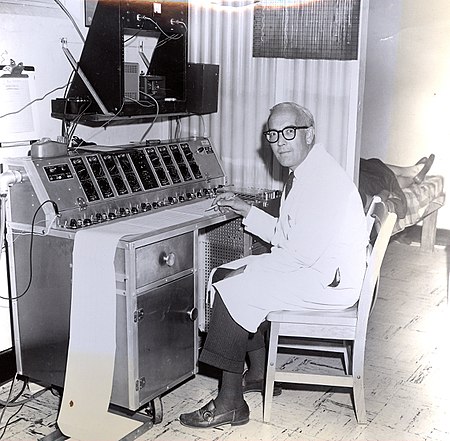North Princeton Developmental Center

The North Princeton Developmental Center, formerly known as the New Jersey State Village for Epileptics, was a medical facility within Montgomery Township, Somerset County, New Jersey. The facility was home to a variety of mental health institutions throughout the years. In 2011, the former self-sustaining mental health village was slated for demolition to make space for a proposed county park. Demolition was completed in 2012 with plans to begin construction of the conceptual park in 2013. The facility garnered much notoriety over the past decades due to its "ghost town" appearance and mention in the popular book and periodical, "Weird N.J." Until its demolition, the former hospital was a popular place for "urban explorers" to explore, despite the buildings being unsafe (partially due to asbestos and lead paint contamination. Urban explorers were often met with resistance from law enforcement, as the site was prone to criminal activity, ranging from graffiti to arson. Prior to the demolition of the site, state and local governments have both made reasonable attempts to keep trespassers out, for example by sealing the entrances and windows of the property, though these methods proved to be relatively ineffective.
Excerpt from the Wikipedia article North Princeton Developmental Center (License: CC BY-SA 3.0, Authors, Images).North Princeton Developmental Center
Skillman Road,
Geographical coordinates (GPS) Address Nearby Places Show on map
Geographical coordinates (GPS)
| Latitude | Longitude |
|---|---|
| N 40.4197 ° | E -74.6927 ° |
Address
Skillman Road (County Road 602)
Skillman Road
08558
New Jersey, United States
Open on Google Maps







